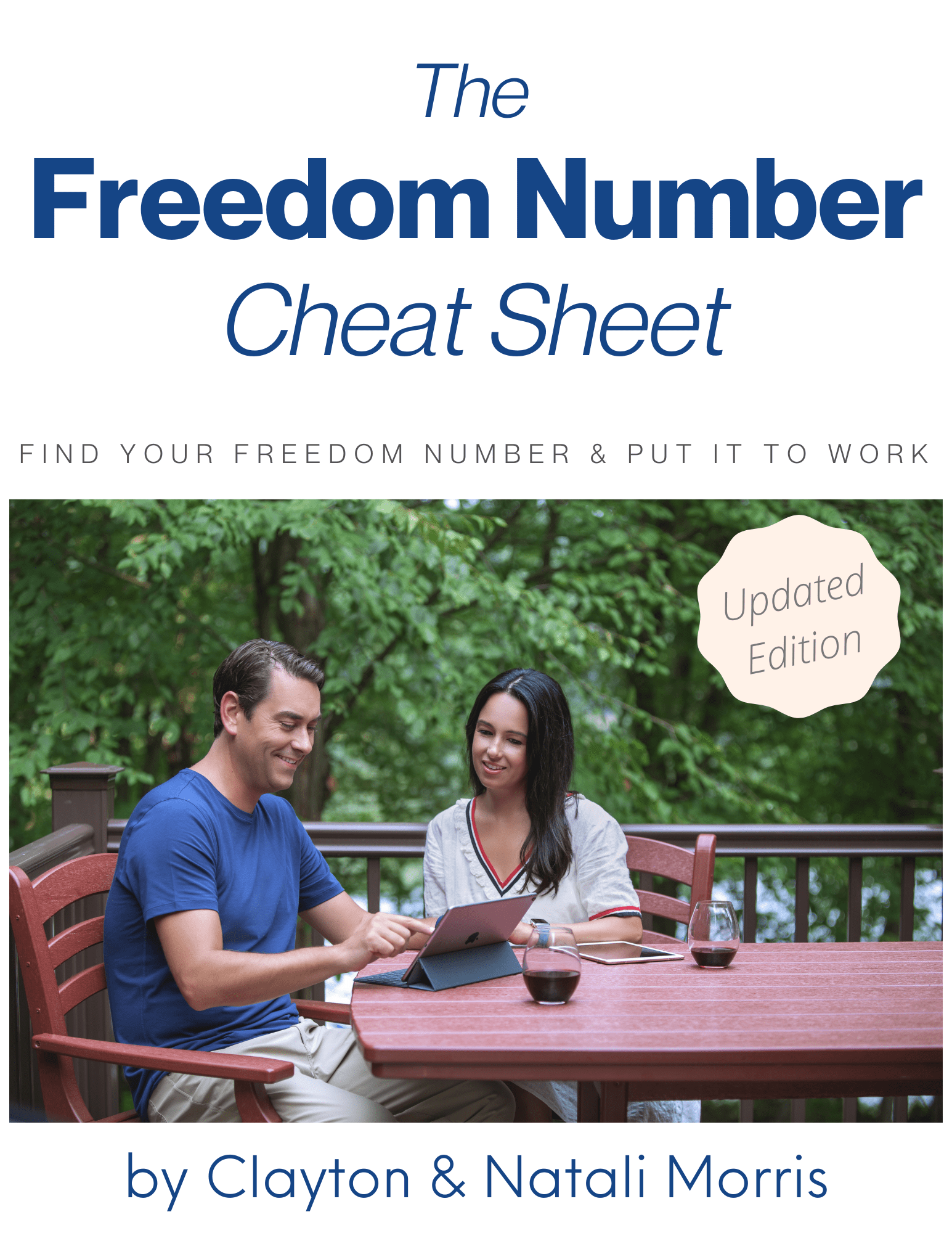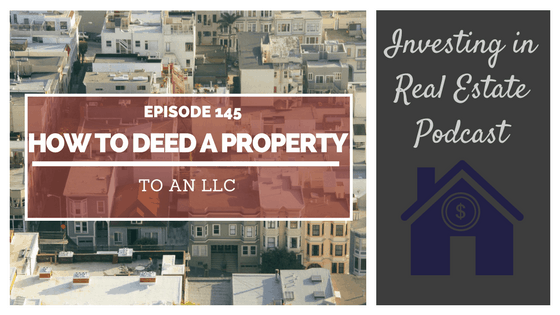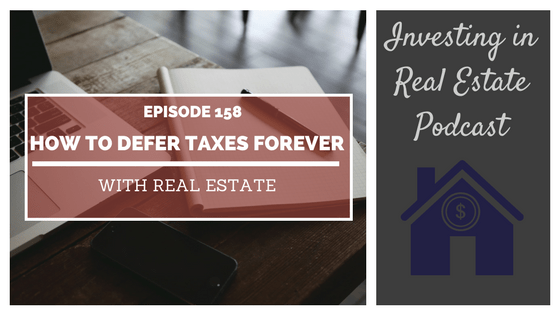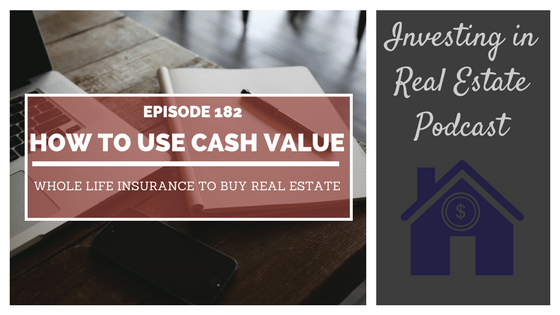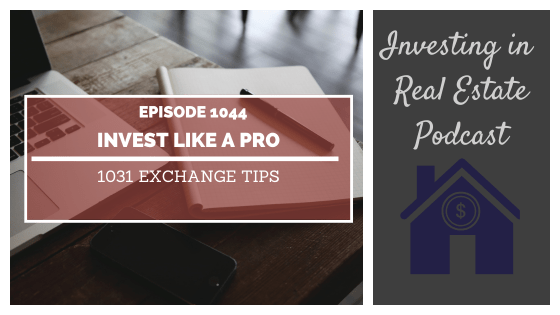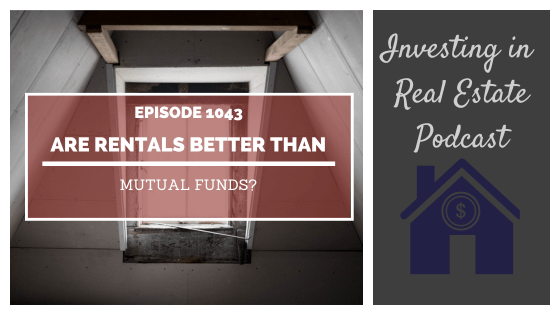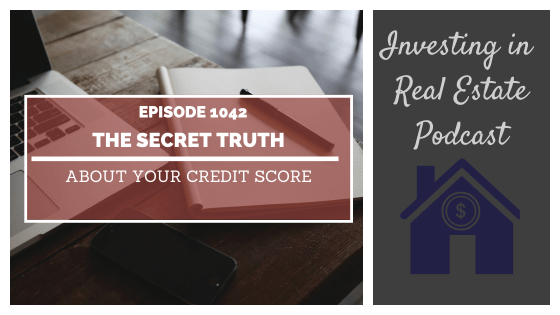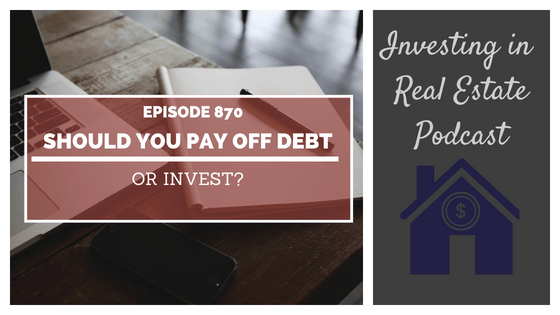
Deciding how to approach real estate investing when you have debt is not always simple and straightforward. There are a few factors to consider, and coming up with a solution can vary from person-to-person. This is a decision you’ll have to make for yourself, but on this episode, I’m here to help you weigh your options.
On this episode of Investing in Real Estate, I’m sharing a few things to consider when taking inventory of your debt. We’re going to discuss good debt vs. bad debt, the mental impact of carrying debt, and weighing your financial options. I hope this episode helps you determine whether you should pay off debt or invest!
More About This Show
The first thing you should do is write down all of your debts, so you have a clear picture of where you stand. Assess what kind of debts you have, as well as the interest rate for each one.
Now, here’s where you’ll have to look at things objectively and prioritize what’s important to you. I want to remind you not to judge yourself in this process! It’s just a starting point, and you’re here to look at the numbers so you can move forward.
Perhaps you had to take out a loan to buy a car, or maybe you have some student loan debt. In most cases, anything under 4-5% interest is not a priority to pay off immediately.
But if you have a credit card with 22% interest, you will likely want to consider paying that off as quickly as possible because the interest is really costing you. Another thing to consider is how is this debt weighing on you, emotionally? If you have certain debts that are stressing you out, you should probably prioritize paying them off for your overall health and well-being.
Now that you’ve written out and evaluated all of your debts, calculate how much money you have each month to allocate toward your goals. For example, if you have $500 each month to allocate either toward paying off debt or investing, you’ll have to assess how quickly that $500 can help you reach your goals.
The next step is to think about the returns you would get from an investment. At Morris Invest, our rental property have a minimum IRR of 18%. Consider how you would be paying for your investment, and if the numbers would make sense. For instance if you’re using a 401k loan, the interest goes back to your account. This is a win! If you have to take out a mortgage on your investment, consider how this impacts your overall financial snapshot. Another thing to evaluate is how your investment returns stack up against your debts.
You’ll also want to consider good debt vs. bad debt – and what your tolerance is for each. Again, this is a very individual thing, and there’s no universal answer. It’s about what works for you.
Also consider that this does not have to be an all-or-nothing approach. You don’t have to make a cut and dry decision, and I think in many cases, you can tackle both goals at once. It’s possible to split the money up and approach the situation creatively. Investing is not black and white, it’s about what finding what works for you and what benefits your specific situation. Consider how you can split up your funds to pay off some of your debt, and also put down payments on cash flowing rental properties. It’s a win-win.
If, after applying everything you learned today, you still have questions about how to invest while carrying some kind of debt, I encourage you to book a call with my team so we can see what makes sense for you individually. You can schedule a free 30-minute call at morrisinvest.com.
Episode Resources
Book a Call with Our Team
JoinCrowdHealth.com ← Use code Investing to get your first six months for just $99 per month!
morrisinvest.com/bootcamp ← Download your FREE 90-Day Bootcamp!
Subscribe to Investing in Real Estate on iTunes
Find Your Financial Freedom Number
Subscribe to the Morris Invest YouTube channel
Like Morris Invest on Facebook
DISCLAIMER: I am not a financial adviser. I only express my opinion based on my experience. Your experience may be different. These videos are for educational and inspirational purposes only. Investing of any kind involves risk. While it is possible to minimize risk, your investments are solely your responsibility. It is imperative that you conduct your own research. There is no guarantee of gains or losses on investments.
AFFILIATE DISCLOSURE: Some of the links on this channel are affiliate links, meaning, at NO additional cost to you, I may earn a commission if you click through and make a purchase and/or subscribe. However, this does not impact my opinion. We recommend them because they are helpful and useful, not because of the small commissions we make if you decide to use their services. Please do not spend any money on these products unless you feel you need them or that they will help you achieve your goals.
Ready To Build Passive Income Through Rental Real Estate?
Ready to talk about your goals? We're here to show you the tools and teach you the process to begin earning legacy wealth for you and your family.
